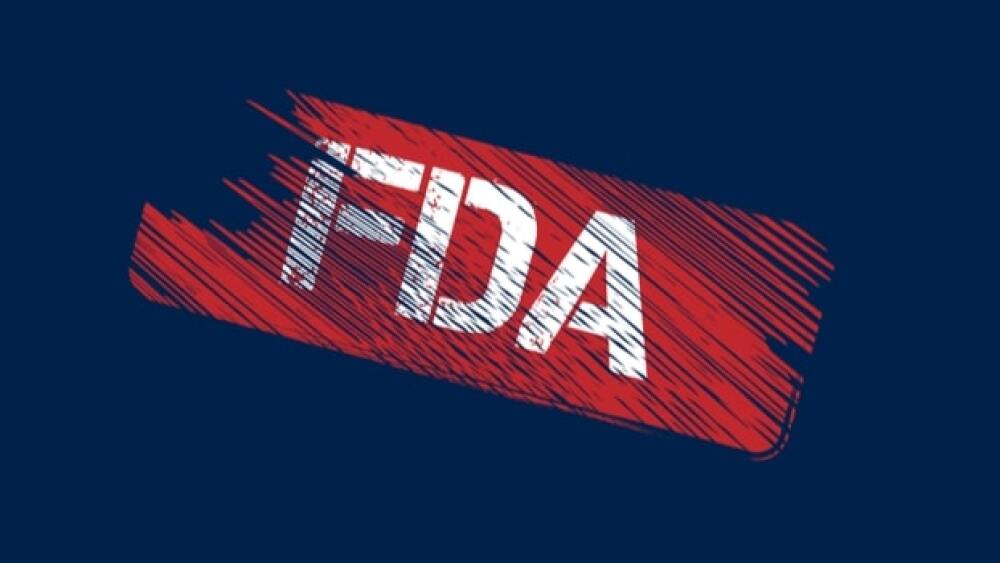The U.S. FDA has a busy period at the end of October heading into the first week of November.
The U.S. Food and Drug Administration (FDA) has a busy period at the end of October heading into the first week of November, with the lead story being its vaccines advisory committee meeting to consider the Pfizer-BioNTech COVID-19 vaccine in children five to 11 years of age. For that story and more, continue reading.
FDA Adcom for Pfizer-BioNTech’s COVID-19 for 5-11-Year-Olds
The FDA’s Vaccines and Related Biological Products Advisory Committee is holding a meeting on October 26, 2021, to discuss and make recommendations on the Pfizer-BioNTech emergency use authorization (EUA) request for their COVID-19 vaccine for children 5 through 11 years of age. Documents prepared for the meeting show the vaccine is more than 90% effective in this age group. What will become more of an issue is whether the vaccine should be broadly authorized for that age group, because children are only rarely severely ill from COVID-19.
In the documents, in more than 2,200 children in the study, 1,500 received the active vaccine. In the entire group, only 19 were diagnosed with COVID-19. Of the three children who had been vaccinated who came down with COVID-19, there were few, mild symptoms, for example, cough, sore throat and headache. The remaining 16 were unvaccinated and had more symptoms, including 10 who presented with fevers. There were no severe cases or deaths in either group.
FDA Cancer Adcom Canceled for Oncopeptides’ Pepaxto
The FDA’s Oncologic Drugs Advisory Committee was scheduled to meet on October 28, but the meeting has been canceled. The meeting was to discuss the New Drug Application (NDA) for Oncopeptides’ Pepaxto (melphalan flufenamide). The Stockholm-based company withdrew the NDA after the Phase III OCEAN trial showed an overall survival in the intent-to-treat population with a HR of 1.104. In discussions between the company and the FDA, it was clear the FDA did not consider the data met the criteria of a confirmatory study. The drug had received accelerated approval on February 26, 2021. The company still has an application before the European Medicines Agency (EMA).
“The decision to withdraw Pepaxto from the market has been a difficult decision, that has been made with great consideration and with the best intentions for patients and shareholders,” said Marty J. Duvall, Oncopeptides’ chief executive officer. “The Company now needs to refocus its resources and energy on R&D and remain true to its mission of bringing hope to patients through science. We believe that this is the only viable path forward to accomplish this goal.”
Eyenovia’s MydCombi to Dilate Pupils
Eyenovia has a target action date of October 289 for its NDA for MydCombi, used to dilate pupils for eye exams. The NDA was supported by two Phase III trials, MIST-1 and -2. MydCombi is a fixed combination mydriatic (pupil dilation) agent. If approved, it would be the first microdosed ocular therapeutic dosed using a high precision smart delivery system, the Opteject.
In March 2021, Eyenovia inked a deal with Eversana to commercialize MydCombi in the U.S., if approved.
“Eyenovia is striving to make the MydCombi launch efficient and seamless for its eye care provider customers,” said Michael Rowe, Chief Operating Officer at Eyenovia.
ANI Pharma’s Purified Cortrophin Gel for Multiple Sclerosis, Rheumatoid Arthritis and Nephrotic Syndrome
ANI Pharmaceuticals has a target action date of October 29 for its supplemental NDA for Purified Cortrophin Gel. The product is a purified adrenocorticotropic hormone (ACTH) that has been approved as an injection for multiple indications including multiple sclerosis (MS), rheumatoid arthritis (A), and nephrotic syndrome (NS).
“The availability of a second corticotropin — or ACTH-based — treatment is meaningful for patients struggling with the devastating consequences of chronic autoimmune disorders, including multiple sclerosis, rheumatoid arthritis, and nephrotic syndrome,” said Chris Mutz, ANI’s chief commercial officer and Head of Rare Diseases.
Bausch and Clearside’s Xipere for Macular Edema Associated with Uveitis
Bausch Health Companies and Bausch + Lomb, along with Clearside Biomedical, had a target action date of October 30 for their resubmitted NDA for Xipere (triamcinolone acetonide suprachoroidal injectable suspension) for macular edema associated with uveitis. The drug is designed for suprachoroidal administration by way of Clearside’s proprietary SCS Microinjector, which gives access to the back of the eye.
On October 25, the FDA approved Xipere for this indication. George Lasezkay, president and chief executive officer of Georgia-based Clearside, called the suprachoroidal space an “untapped frontier” in eye health, adding, “Xipere is the first commercial product developed by Clearside, the first product approved for injection into the suprachoroidal space and the first therapy approved for macular edema associated with uveitis.”
Eton/Azurity’s Topiramate for Seizures
Azurity Pharmaceuticals has a target action date of November 6 for its NDA for topiramate for partial onset or primary general tonic-clonic seizures in patients two years of age and older, for adjunctive therapy for partial-onset seizures, including seizures associated with Lennox-Gastaut syndrome in patients two years of age and older, and as prevention of migraine in patients 12 years of age and older. It originally had a target date in August. After an amendment to the NDA, the FDA extended the goal date by three months.
In February 2021, Eton Pharmaceuticals sold the topiramate product candidate to Azurity Pharmaceuticals, who was then responsible for all regulatory activities. It was Azurity who submitted responses to the FDA’s questions that resulted in the extension.





